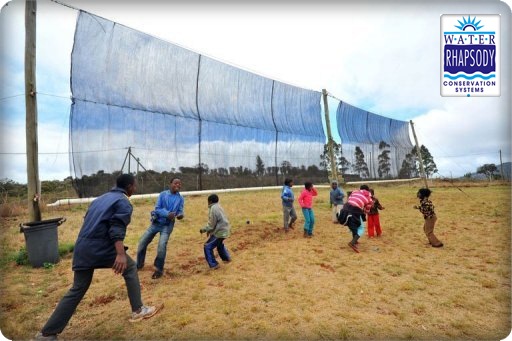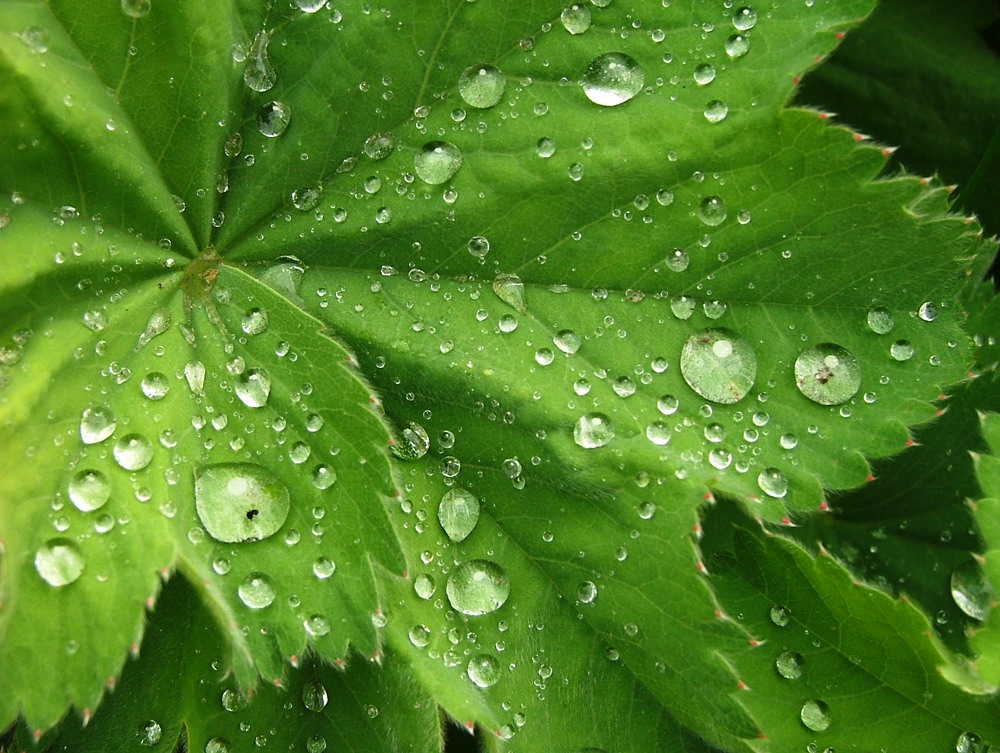Difference between revisions of "Water Portal / Rainwater Harvesting / Fog and dew collection"
| (16 intermediate revisions by 3 users not shown) | |||
| Line 1: | Line 1: | ||
| + | {{Language-box|english_link=Water Portal / Rainwater Harvesting / Fog and dew collection|french_link=La collecte des eaux de pluie / Captage de brouillard et collecte de rosée|spanish_link=próximamente |hindi_link=वाटर पोर्टल / वर्षाजल संचयन / कोहरा और ओस संग्रह |malayalam_link=കമിംഗ് സൂണ് | tamil_link=விரைவில் | korean_link=곧 | chinese_link=水雾露水收集器 | indonesian_link=Panen Air Hujan / Pengumpulan Embun dan Kabut | japanese_link=霧と露収集 }} | ||
| + | |||
[[File:Fog-harvesting.jpg|180px|thumbnail|right|Fog harvesting gives water to S. African village. Photo: [http://www.waterconservation.co.za waterconservation.co.za]]] | [[File:Fog-harvesting.jpg|180px|thumbnail|right|Fog harvesting gives water to S. African village. Photo: [http://www.waterconservation.co.za waterconservation.co.za]]] | ||
| − | + | <small-title /> | |
<font size="3">'''Fog collection'''</font> (or fog harvesting) is an innovative, environmentally appropriate, socially beneficial and economically viable use of fog, rain and dew as sustainable water resources for people in arid regions of developing countries. Fog is composed of enormous numbers of tiny water droplets. The wind blown droplets can be collected by a plastic mesh. Typical fog harvesting in a well selected desert environment would be 5 liters of water per square meter of mesh per day. | <font size="3">'''Fog collection'''</font> (or fog harvesting) is an innovative, environmentally appropriate, socially beneficial and economically viable use of fog, rain and dew as sustainable water resources for people in arid regions of developing countries. Fog is composed of enormous numbers of tiny water droplets. The wind blown droplets can be collected by a plastic mesh. Typical fog harvesting in a well selected desert environment would be 5 liters of water per square meter of mesh per day. | ||
{|style="background-color:#F0F8FF;" | {|style="background-color:#F0F8FF;" | ||
| − | |Read more about: [[Fog collection and storage]] | + | |Read more about: [[Water Portal / Rainwater Harvesting / Fog and dew collection / Fog collection and storage | Fog collection and storage]] |
|} | |} | ||
| Line 15: | Line 17: | ||
{|style="background-color:#F0F8FF;" | {|style="background-color:#F0F8FF;" | ||
| − | |Read more about: [[Dew collection and storage]] | + | |Read more about: [[Water Portal / Rainwater Harvesting / Fog and dew collection / Dew collection and storage | Dew collection and storage]] |
|} | |} | ||
| − | ==Acknowledgements== | + | ===Acknowledgements=== |
* [http://www.rain-barrel.net/dew-harvesting.html Rainwater Harvesting Guide], Rain-barrel.net | * [http://www.rain-barrel.net/dew-harvesting.html Rainwater Harvesting Guide], Rain-barrel.net | ||
* [http://www.safewaterintl.org/clearinghouse/Precipitation/fog/fog-collection.html Fog collection description], Safe Water International Clearinghouse. | * [http://www.safewaterintl.org/clearinghouse/Precipitation/fog/fog-collection.html Fog collection description], Safe Water International Clearinghouse. | ||
Latest revision as of 02:31, 15 January 2016
| |
|
|
|
|
|
|
|
|

Fog collection (or fog harvesting) is an innovative, environmentally appropriate, socially beneficial and economically viable use of fog, rain and dew as sustainable water resources for people in arid regions of developing countries. Fog is composed of enormous numbers of tiny water droplets. The wind blown droplets can be collected by a plastic mesh. Typical fog harvesting in a well selected desert environment would be 5 liters of water per square meter of mesh per day.
| Read more about: Fog collection and storage |

Dew harvesting (or dew collection) is simply taking advantage of water vapor in the atmosphere to harvest clean and potable water through condensation, a passive process that allows water particles to return to the earth in a pure form. Dew harvesting has been practiced by humanity as far back as ancient times, in areas where rainfall and groundwater resources are scarce. When there is any humidity at all in the air and there is a surface that is cool enough to provoke condensation, dew will condense on that surface until the humidity is gone. Vegetation in desert regions have developed modifications that allow them to collect their own humidity from the air, for example, and through efforts of reforestation in desert regions this technology has advanced abundantly around the world.
| Read more about: Dew collection and storage |
Acknowledgements
- Rainwater Harvesting Guide, Rain-barrel.net
- Fog collection description, Safe Water International Clearinghouse.
